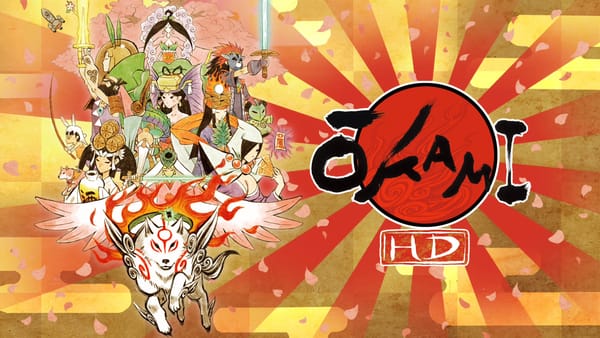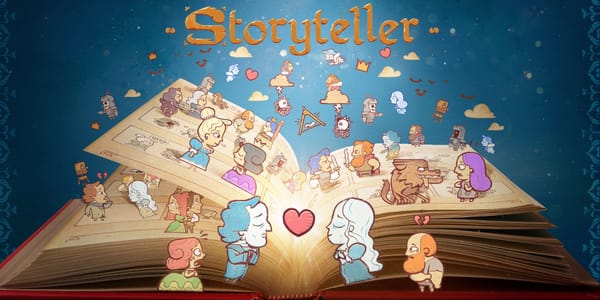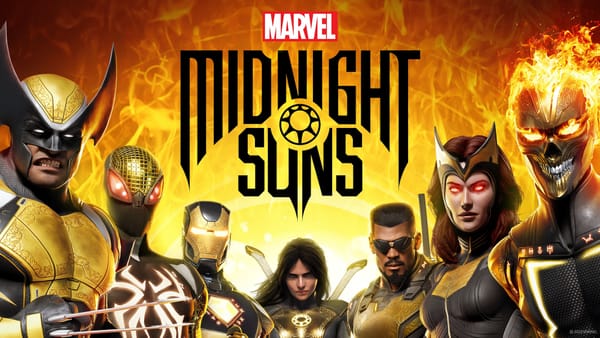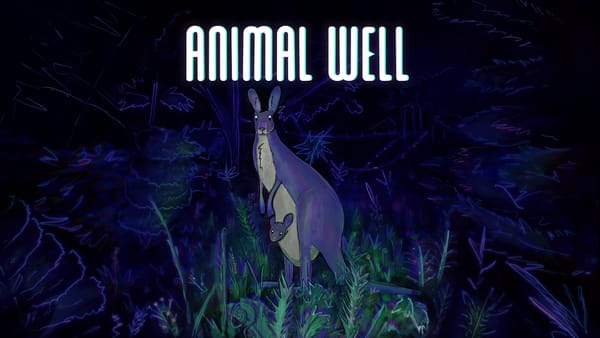Ghost of Tsushima and the reduction of morality
Am I the baddy?
I’m glad I Googled whether being a rules-following goody two shoes in Ghost of Tsushima got me anything, because boy howdy I was ready to play the game in the most boring way possible.
Early on, Ghost of Tsushima draws a narrative line in the sand: samurai are honorable; stealth attacks, bow attacks, or otherwise fun mechanics are dishonorable. Given that, I assumed that there was some kind of morality system at play1 as to whether I used the game’s “Ghost” mechanics, which included sticky bombs, kunai throws, and pretty much anything that wasn’t loudly stomping into enemy territory with your sword drawn saying Come at me, bro. Turns out, no matter what you do in Ghost of Tsushima, the plot is going to deem you morally ambiguous. Which is great, because Ghost of Tsushima is already a pretty repetitive experience before you voluntarily abstain from two-thirds of its mechanics.
As a game, Ghost of Tsushima is fine. I played a lot of it over a weeklong break from work. I wanted an Open World Game™ and—what do you know?—I got an Open World Game™. It’s not bad, but there’s nothing fresh about it. Tasks grow repetitive within the first 10 hours of a 40-60 hour game. Swordplay, though fun, does not meaningfully change from encounter to encounter.2 The stealth mechanics are… well, they’re there. But the game is beautiful and a joy to travel through, especially when the sky fills with a streak of lightning, lighting up the field of flowers you are running through on horseback. The music, too, is gorgeous, ranging from the heart-pumping to the serene. One of the types of side quests is to write haiku while your ears fill with a rich alto’s voice, plucked strings, and droning bells. It’s really lovely when it wants to be. Ghost of Tsushima is a competent if not revolutionary, and I enjoyed my time with it. No more, no less.
But back to the goody two shoes bit. I’ll admit: I’m always the type who plays the good character when given a choice. I know. I’m boring like that. I like to think of myself as Chaotic Good, but if I’m being honest with myself, if I’m really looking in the mirror, I’m Lawful Good to my core.3 When a game asks me whether I’d like to be a Good Guy or a Bad Guy, I always pick Good Guy. More often than not, this is a boring choice! And yet game after game, year after year, in my fleeting little life in this Grayson body, I have chosen to be a good little boy and do the thing the game tells me is the nicer thing to do.4 As to whether this is more my people-pleasing tendencies or the cradle Episcopalian in me, that’s for others to decide. But when it comes to my ability to choose the Dark Side, even in something as inconsequential as a video game? It just isn’t happening.
Which is why my favorite thing about Ghost of Tsushima is that it took that choice from me. It said, Listen, you’re gonna be a little bad, okay? Not all the way bad. Not really. But people are gonna question the means by which you’re liberating Tsushima, and that’s just gonna be that. You’re gonna have to find a way to deal. Write some poetry about it. Ride your horse. Just go and do your thing. And to me? That was helpful. By taking away the choice, I felt freed to play the character the way I wanted. Knowing that there wouldn’t be a disappointed patriarchal figure at the end of the game shaking his head as he delivered the inciting dialogue of the Bad Ending, I started enjoying myself more. Further, in the absence of an explicit morality system, Ghost of Tsushima made me think more about my actions. No longer was I chasing Good Points and Bad Points. I was reflecting on things like, Was there a different way to have achieved that goal? and Are the aghast nobles right about me? It’s almost like being offered binary choices reinforces a worldview in which binaries are offered up as truth. Weird!
Ghost of Tsushima, as a game, isn’t going to knock your socks off. It drags almost as soon as it begins. But in its removal of Sucker Punch’s beloved YOU ARE [GOOD/BAD] FOR DOING THIS systems, it achieves something novel for the genre: an interest in-between, where each action is to be weighed not by the game, but by you, the player.
An assumption I think was more than founded, given developer Sucker Punch’s previous games, which were, as far as morality systems went, more binary than The Matrix intro. ↩
With the slight exception of a game-modifying set of armor that’s hidden away in the game’s DLC island, which I used pretty much exclusively once I’d acquired it. ↩
Okay, even more honestly? Probably Lawful Neutral. ↩
Tbh, this tendency of mine was probably more of an inspiration for “Brent, Bandit King” than I want to admit. ↩





